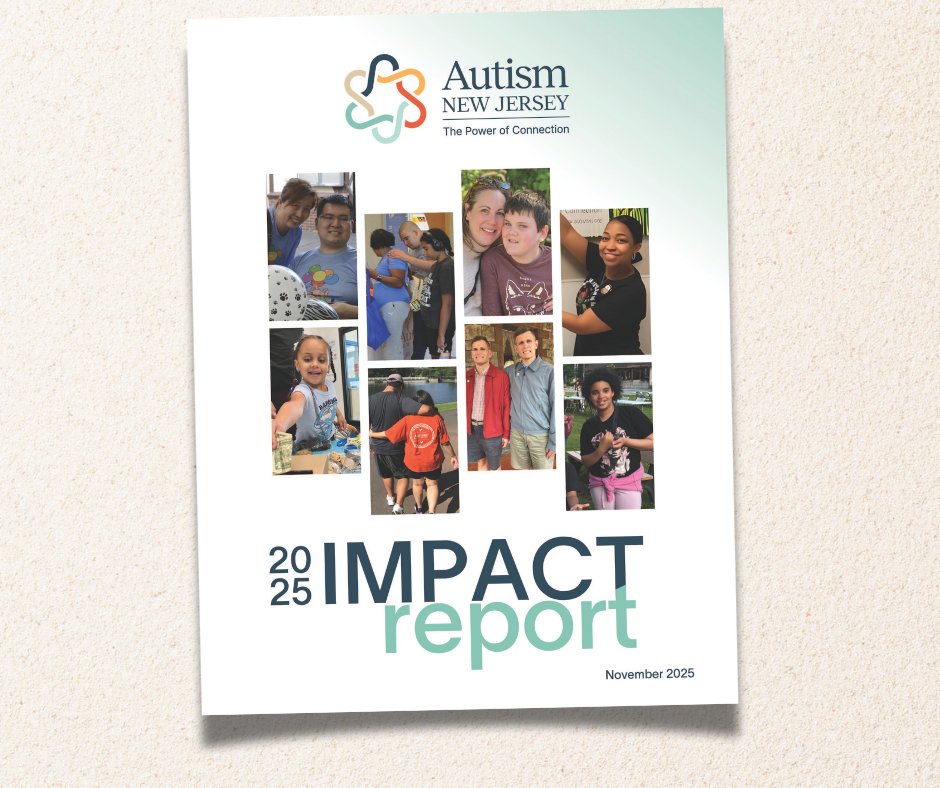
Today, the State Board of Applied Behavior Analyst Examiners opened applications for Licensed Behavior Analysts (LBA) and Licensed Assistant Behavior Analysts (LaBA) marking a major milestone in consumer protection for the autism community. For decades, consumers of ABA services had few options for addressing unprofessional and unethical conduct. Going forward, the practice of ABA will be state regulated which means that, with some exceptions, there are now consistent statewide requirements to practice ABA, and consumers can confirm practitioner qualifications and file complaints for improper conduct.
A changing landscape
Over the last twenty years, ABA has gained government and funder recognition in the treatment of autism, and the number of behavior analysts has increased dramatically. However, despite this increase, demand still far exceeds supply, and many families are desperately searching for behavior analysts to help their children and adults with autism.
Certification and licensure
National certification in behavior analysis began in 1999, and there are now more than 3,300 behavior analysts in New Jersey. In fact, certification by the Behavior Analyst Certification Board (BACB) is one of the main qualifications for licensure. While certification boards often develop the knowledge and skill standards to practice a profession, licensure boards often determine who can practice in a particular jurisdiction. Prior to the Applied Behavior Analyst Licensing Act, if a practitioner’s certification was revoked, they could still practice in New Jersey. However, now if someone’s license is revoked and they continue practicing, they could be accused of a crime: practicing ABA without a license.
Qualifications
The major qualification to become a licensed behavior analyst is BACB certification. Those applying to be LBAs must be certified as behavior analysts at the master’s or doctoral degree level, and those applying to be LaBAs must be certified at the bachelor’s degree level. These certifications are Board Certified Behavior Analyst (BCBA), Board Certified Behavior Analyst – Doctoral (BCBA-D), and Board Certified Assistant Behavior Analyst (BCaBA), respectively. Individuals with a master’s degree make up 90% of total certificants, and those with a doctoral degree or bachelor’s degree each make up 5%. Applicants must also be at least 21 years old, of good moral character, and have earned the requisite degree. Good moral character will be determined by self-reported criteria and satisfactory completion of a criminal background check.
Regulations
To effectuate state standards for the practice of behavior analysis, the New Jersey Division of Consumer Affairs (DCA) promulgated regulations. In addition to qualification standards, these regulations address the application/renewal process, titles that can be used only by licensees, supervision, telehealth, business practices, and more. Please read our Quick Guide to ABA Licensure Regulations which provides a brief section-by-section overview.
Community impact
Parents who call our 800.4.AUTISM Helpline often share the range of experiences they have with ABA services as not all practitioners are equally qualified. Behavior analysts also welcome the recognition of the profession and protection licensure affords consumers in this new era of increased transparency.
“As a parent of an adult with autism, we’ve worked with many behavior analysts over the last twenty years and had a range of experiences.
Licensure gives me some peace of mind that those practicing ABA have met minimum standards and that, should the need arise, the Division of Consumer Affairs will be involved to protect individuals with autism.”
Behavior analysts also welcome the recognition and the protection licensure affords consumers
As a practicing behavior analyst who welcomes licensure for our profession, I’m excited to apply for licensure.
The state recognition for behavior analysis as a bona fide healthcare profession is important for both behavior analysts and consumers and helps move us closer to our common goal of ensuring safe and effective treatment practices for the autism community.
A new era of increased transparency
Since our founding almost 60 years ago, Autism New Jersey has successfully advocated for public policies that increase access to qualified and competent treatment providers and ensure individuals’ and families’ rights.
The Applied Behavior Analyst Licensing Act is an exemplary demonstration of our advocacy at the nexus of state policy, quality treatment, and consumer rights.
We welcome this new era of increased transparency on qualifications and accountability for practice standards that will benefit individuals with autism.









